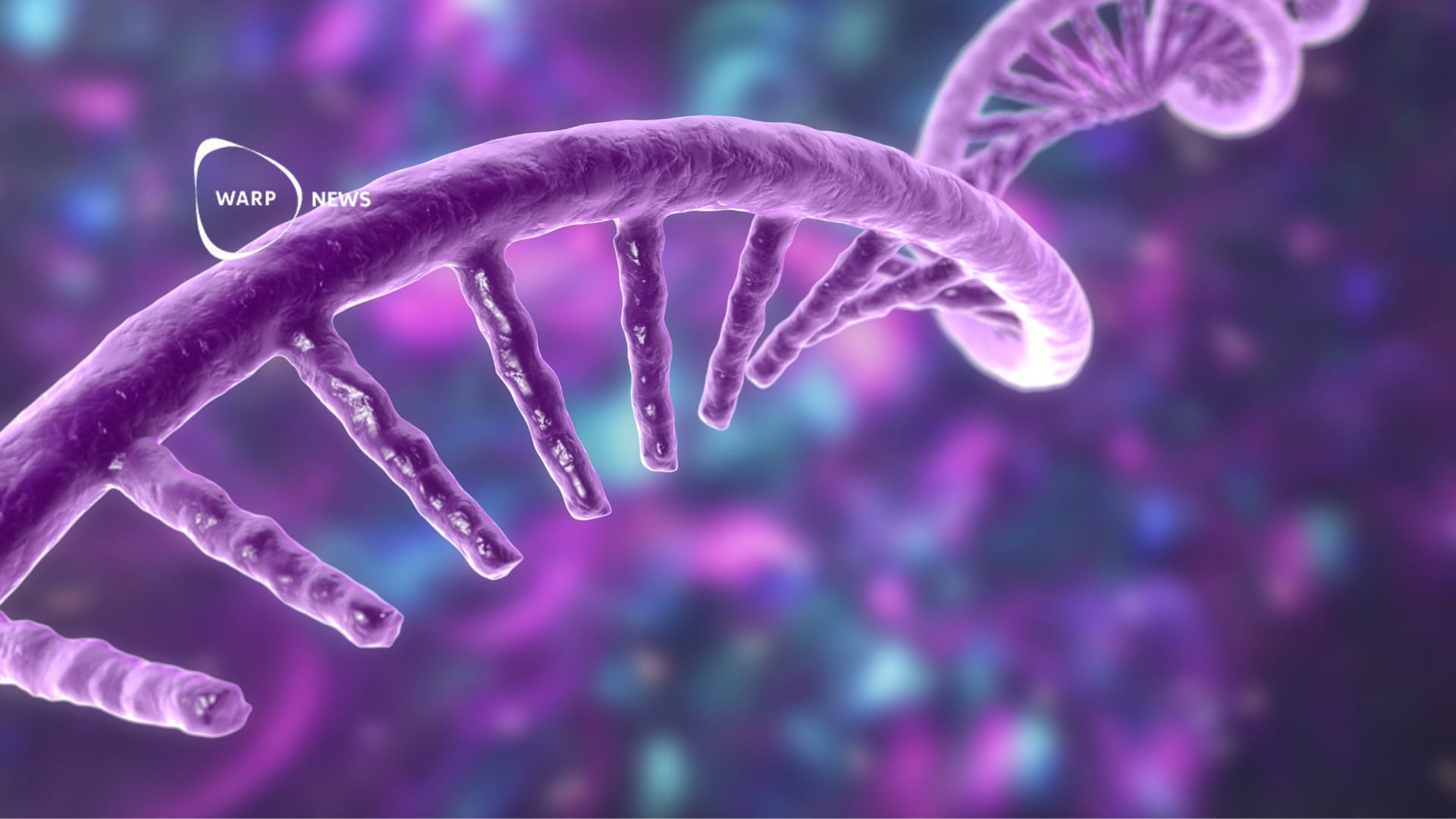
🧬DeepMind plans to releases a database with all known proteins in the world
DeepMind has created an AI that can predict the shape of a protein with the accuracy of a fraction of an atomic width. The company now provides access to the shape of millions of proteins in an open database.
Share this story!
A few months ago, we published an Optimist's Edge article on how science is trying to find a cure for aging. Proteins play a major role in aging, and the fact is that they play a major role in almost all biological processes. Proteins have a variety of functions in the body, and their shape determines their property and function.
The shape is determined by the sequence of amino acids that make up the protein. The fact that the sequence of amino acids alone is enough to determine the shape was initially a theory that Nobel laureate Christian Anfinsen shared during his Nobel speech in 1972. Since then, a number of attempts have been made to create a 3D image of protein using only a given sequence. But all attempts, until last year, have fallen short when it comes to accuracy.
In 2020, the Google-owned company DeepMind developed an AI called AlphaFold, which can predict the shape of a certain protein with an accuracy of up to a fraction of the width of an atom. They have now published a database of 350,000 forms of protein from 20 different important life forms. The database also contains the form of the approximately 20,000 different proteins in the human genome. They have also released the source code for the AI.
DeepMind says on their website that they are dedicated to, within a few months go further and release 100 million more shapes- that is, all the proteins known to science.
According to estimates, researchers have previously only been able to identify the shape of 17 percent of the human body's proteins. With DeepMind's tools, science has thus taken not just a step but a giant leap. To cure diseases, you need to understand the processes behind them and create drugs; you need to know how the drug affects the proteins in the body.
In a press release on DeepMind's website, they write:
"As a powerful tool that supports the efforts of researchers, we believe this is the most significant contribution AI has made to advancing scientific knowledge to date and is a great example of the benefits AI can bring to humanity. "
Research teams around the world have already used the database. For example, researchers in San Francisco have used insights into the protein forms to learn more about SARS-CoV-2. DeepMind states that they are adamant about putting all the protein shapes up in the database so that the scientists of the world can access the knowledge.
Picture: DeepMind
Read the full scientific article here.
By becoming a premium supporter, you help in the creation and sharing of fact-based optimistic news all over the world.


